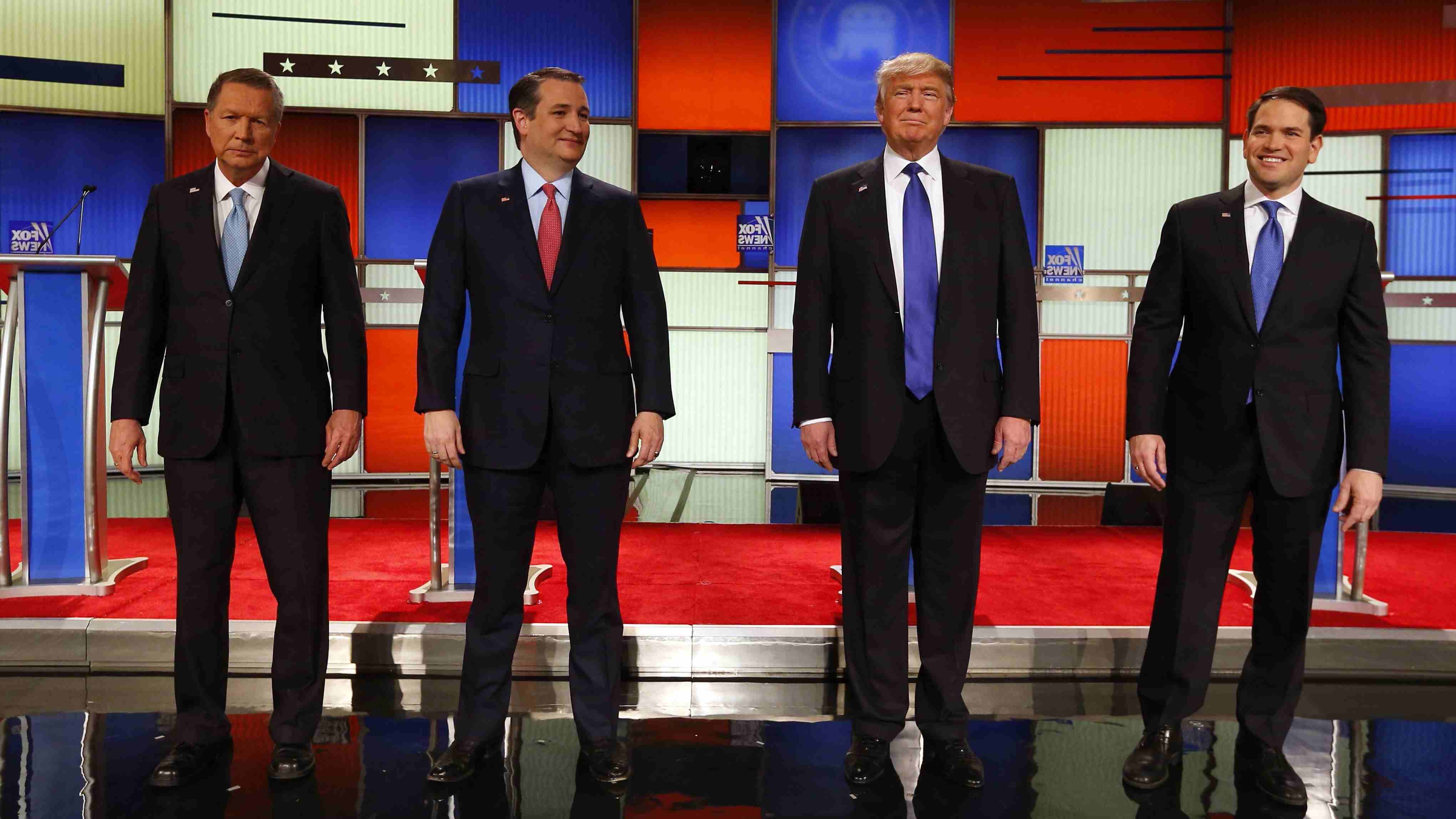
Every day in history carries its own significance, with various events and facts that shape our world. December 6th is no exception, as it marks a day filled with captivating moments that have left an indelible mark on history. From groundbreaking scientific discoveries to notable political events and cultural milestones, December 6th has witnessed a myriad of happenings that continue to resonate today. In this article, we delve into the facts and events that took place on December 6th throughout history, offering a glimpse into the past and shedding light on the individuals and moments that have shaped our collective narrative. So, join us on this journey through time as we uncover the fascinating stories that unfolded on December 6th.
Key Takeaways:
- On December 6th, significant events in history, science, politics, and culture occurred, shaping the world we live in today. From the founding of cities to scientific breakthroughs, this date holds diverse significance.
- Remembering historical events helps us understand the past, learn from it, and shape a better future. Each event on December 6th has contributed to the ever-evolving tapestry of history, leaving a unique impact on human civilization.
HISTORICAL EVENTS
- 1534: The city of Quito, Ecuador, is founded by Spanish conquistador Sebastian de Benalcazar.
- 1865: The Thirteenth Amendment to the United States Constitution is ratified, officially abolishing slavery.
- 1941: The Soviet Union launches a counteroffensive against the German army in the Battle of Moscow during World War II.
- 1978: Spain approves a new constitution, officially transitioning from dictatorship to democracy.
- 1992: The Babri Masjid, a 16th-century mosque in Ayodhya, India, is demolished by Hindu extremists, sparking widespread riots.
SCIENTIFIC BREAKTHROUGHS
- 1791: Scottish chemist and physicist, Sir James Clerk Maxwell, is born. He would go on to formulate the famous Maxwell’s equations.
- 1877: Thomas Edison demonstrates his new invention, the phonograph, capable of recording and playing back sound.
- 1928: Austrian-born physicist, Erwin Schrödinger, publishes his groundbreaking wave equation, laying the foundation for quantum mechanics.
- 1957: Vanguard TV3, the first American attempt at launching a satellite into space, fails when the rocket explodes shortly after takeoff.
- 2006: NASA reveals the discovery of an underground sea on Saturn’s moon, Titan, providing evidence of potential extraterrestrial life.
POLITICAL MILESTONES
- 1060: Béla I is crowned the king of Hungary, marking the beginning of the Árpád dynasty’s rule.
- 1492: Christopher Columbus becomes the first European to set foot on the island of Hispaniola (modern-day Haiti and the Dominican Republic).
- 1933: The Twenty-first Amendment to the United States Constitution is ratified, officially ending Prohibition.
- 1991: The Russian Federation holds its first-ever presidential election, with Boris Yeltsin emerging as the winner.
- 2008: The Governor of Illinois, Rod Blagojevich, is arrested on charges of corruption, including attempting to sell the vacant United States Senate seat left by President-elect Barack Obama.
CULTURAL EVENTS
- 1865: The classic novel “Alice’s Adventures in Wonderland” by Lewis Carroll is published for the first time.
- 1923: German film director, Fritz Lang, releases his silent epic “Die Nibelungen: Siegfried,” based on the legends of the Nibelungs.
- 1971: The first-ever episode of the popular sitcom “All in the Family” airs on American television.
- 1991: The animated series “The Ren & Stimpy Show” premieres on Nickelodeon, becoming a cult classic among viewers of all ages.
- 2002: The film adaptation of the musical “Chicago” is released, winning six Academy Awards, including Best Picture.
BIRTHS
- 1608: John Milton, English poet and author of “Paradise Lost.
- 1823: Max Müller, German-born philologist and orientalist.
- 1878: Chiang Kai-shek, Chinese military and political leader.
- 1948: JoBeth Williams, American actress known for her roles in “Poltergeist” and “The Big Chill.
- 1978: K.D. Lang, Canadian singer-songwriter and LGBTQ+ advocate.
NOTABLE DEATHS
- 1791: Wolfgang Amadeus Mozart, Austrian composer and musician.
- 1889: Jefferson Davis, American politician and the President of the Confederate States of America during the American Civil War.
- 1941: Elsie J. Oxenham, British author known for her “Abbey Girls” series of novels.
- 1988: Roy Orbison, American singer-songwriter and pioneer of rock and roll.
- 2018: President George H. W. Bush, 41st President of the United States.
Conclusion
The events that occurred on December 6th spanned across history, science, politics, culture, and personal milestones. From the founding of cities and the ratification of important amendments to scientific breakthroughs and the birth of notable individuals, this date holds significance in various aspects of human civilization. It is a reminder of the progress, challenges, and achievements that have shaped our world. Each event carries its own unique impact, contributing to the ever-evolving tapestry of history.
FAQs
Q: Are these events only from a specific year?
A: No, the events mentioned encompass various years throughout history.
Q: How were these events selected for inclusion?
A: The events were chosen based on their historical significance, impact on society, and cultural relevance.
Q: Is this an exhaustive list of events that happened on December 6th?
A: No, due to the vast number of events throughout history, this list represents a selected sample of notable occurrences.
Q: Can I find more information about these events?
A: Yes, additional resources such as books, articles, and online archives can provide more in-depth information about each event.
Q: Why is it important to remember historical events?
A: Remembering historical events helps us understand the past, learn from it, and shape a better future. It provides insights into societal, political, and cultural developments that have laid the foundation for our present-day world.
Was this page helpful?
Our commitment to delivering trustworthy and engaging content is at the heart of what we do. Each fact on our site is contributed by real users like you, bringing a wealth of diverse insights and information. To ensure the highest standards of accuracy and reliability, our dedicated editors meticulously review each submission. This process guarantees that the facts we share are not only fascinating but also credible. Trust in our commitment to quality and authenticity as you explore and learn with us.


